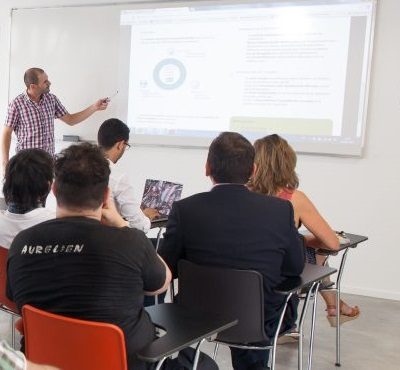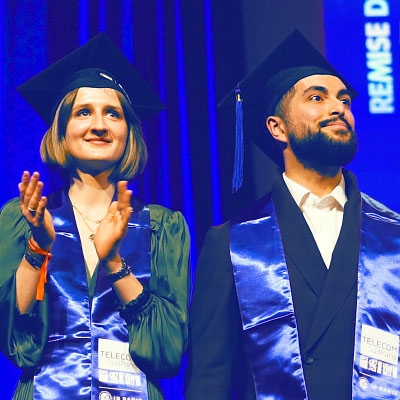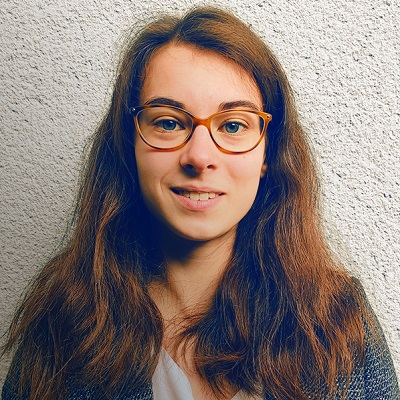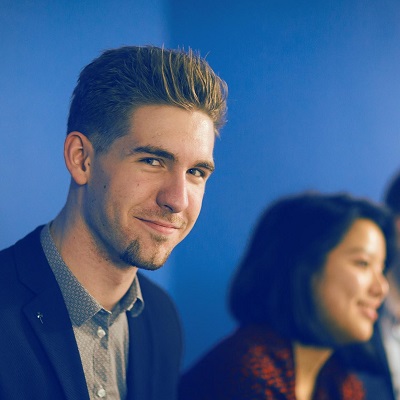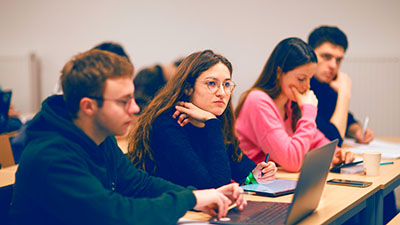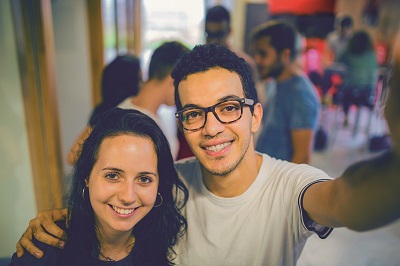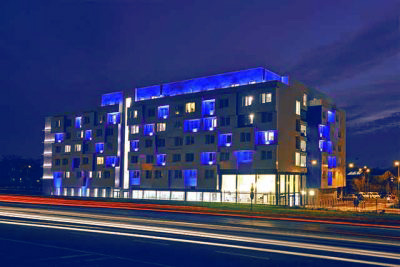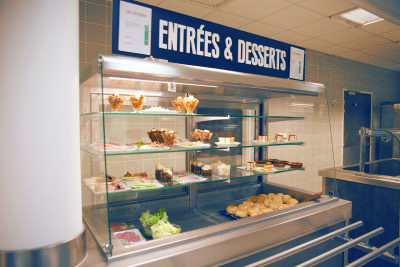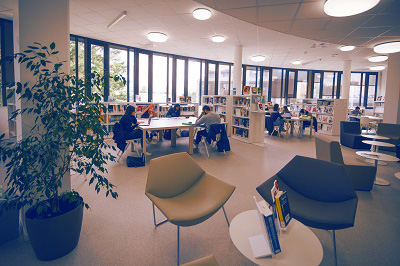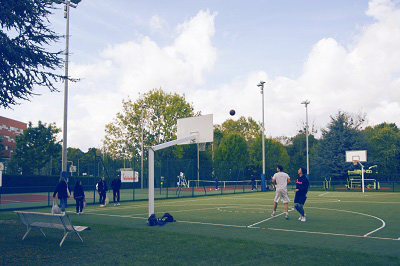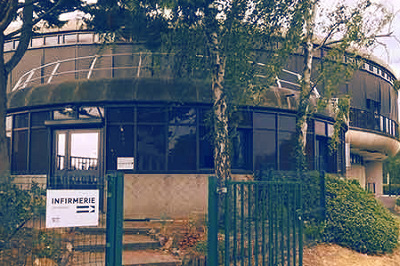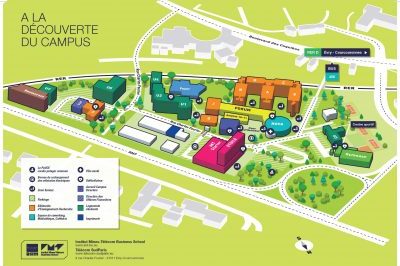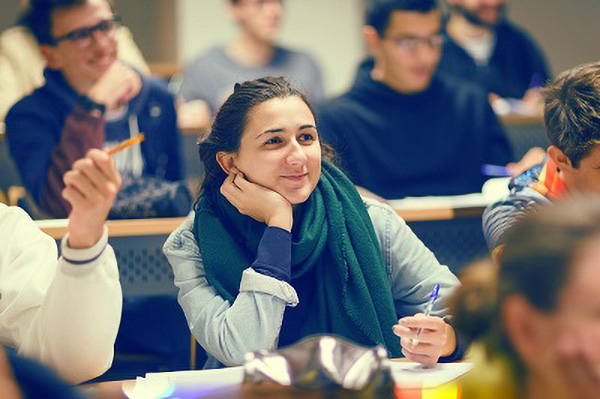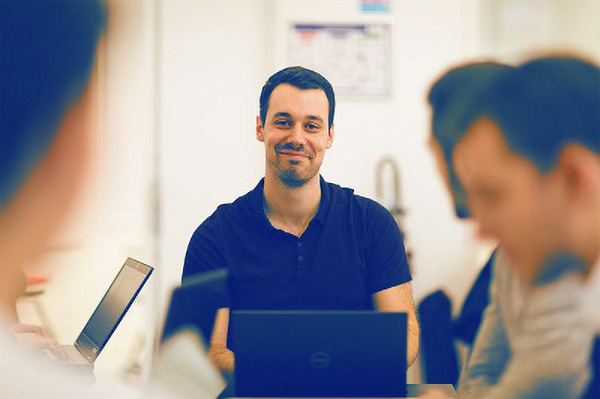Under the “Professional Future” law no. 2018-771 of September 5, 2018, there are many solutions for financing professional training: Personal Training Account (CPF), Skills Development Plan, Pro-A, Personal Training Assistance, etc.
The programs are often complex and the law provides for a free Professional Development Consulting (PEC) service, to help you create your project and support you through to enrollment.
- Personal Training Account (CPF)
- Skills Development Plan (ex-Training Plan)
- Professional Transition Personal Training Account (e.g. Personal Training Leave)
- Professionalization contracts
- Personal Training Assistance (AIF)
- Personal funding
1- Personal Training Account (CPF)
The Personal Training Account (CPF) allows any active person, from the moment they enter the labor market until their retirement, to earn credits for training that can be used throughout their professional life.
The account accumulates €500 per year for full-time jobs, up to €5,000, and can be used to fund training that leads to a listed qualification. Less qualified individuals earn €800, with a ceiling of €8,000.
What changed from January 1, 2019 for the CPF:
- Already acquired credit is monetized up to €15 per hour (for the private sector).
- Eligible courses are listed on France Compétences and accessible to all on the Mon Compte Formation website or application at →https://www.moncompteformation.gouv.fr. Our Advanced Master’s are eligible for CPF.
Don’t have enough credit to fully fund your training?
There is also complementary funding, called contributions or grants, that can supplement it. On the official website moncompteactivite.gouv.fr you will find the various training credits that you can access and the contributions available.
Do you still have hours from the Individual Right to Training (DIF) program?
These hours (maximum 120 hours, i.e. €1,800) have been rolled forward to your Personal Training Account. If you entered them before January 1, 2021 (if you are a public servant, they were automatically transferred in 2018). They can be used for CPF-funded training, no matter what the training period.
→ Learn more about how to use them
2 – Skills Development Plan (ex-Training Plan)
A Skills Development Plan is implemented upon the initiative of public and private organizations as part of a skills management program for staff. You can contact your human resources department to present your training objectives and learn more about potential funding.
Spotlight on the FNE-Formation program
These agreements are drawn up between the French government and a company or Skills Operator (OPCO). They offer financial support to enable employees to continue working in the face of transformations in the economic and technical environment, or changes in production conditions.
Who can access it?
The program is aimed at organizations with fewer than 250 employees (on fixed-term or permanent contracts) as a priority.
In the current pandemic context, all companies that have implemented partial unemployment measures can access the program.
What training is eligible?
Historically, only some of the courses listed below were eligible for the program, including training leading to an RNCP-registered certification such as our Advanced Master’s.
As of now, the new program expands this to all courses taken remotely during the partial unemployment period, but not after that.
Companies can request support from the FNE-Formation program, as well as partial activity measures, to invest in their employees’ skills.
What is the process to follow?
As these agreements are formalized between the government and a company or Skills Operator, you must contact your HR manager. Applications are assessed by the regional French employment authority (Direccte).
3 – Professional Transition Personal Training Account (e.g. Personal Training Leave)
The professional transition program replaces the former CIF program, which no longer exists as of January 1, 2019: it provides continued funding for reconversion training with associated leave. However, the specifics and means of access have changed.
The professional transition program can be used by private sector actors to fund certification training programs that are eligible for Personal Training Account funding and aimed at allowing employees to change career or profession. Our Advanced Master’s® are eligible for this program.
As of January 1, 2020, the Joint Interprofessional Committees (CPIR) – also known as Professional Transition Associations (Atpro) – replaced the Fongecif. They handle funding for professional transition projects for employees. Funding requests must be submitted to them.
→ For more information, visit the Ministry for Employment website (https://travail-emploi.gouv.fr/formation-professionnelle/formation-des-salaries/article/projet-de-transition-professionnelle#POUR-ALLER-PLUS-LOIN)
4 – Pro-A (ex-Professionalization Period)
The aim of Pro-A (ex-Professionalization Period), a program enabling employees to acquire skills and experience in order to change careers or move to a higher-qualified role, is to support less-qualified employees to advance in their career and remain in employment. This type of pathway alternates theoretical learning and professional activity. It makes it possible for individuals to acquire or strengthen skills by obtaining a qualification, funded by their employer.
→ Learn more about your rights in this area
5 – Personal Training Assistance (AIF)
Personal Training Assistance supports jobseekers by funding new skills development with the aim of returning quickly to employment. The Pôle Emploi AIF program can be used to supplement other funding such as that provided by local authorities. Contact your Pôle Emploi advisor for more information.
6 – Personal funding
It is sometimes necessary to contribute, in part or in full, to funding your training. Note that the amount invested can be deducted from your tax base, whether relating to internship costs or spending to acquire a diploma or a qualification to improve your professional situation.
→ Learn more on the tax website
To get help: Professional Development Consulting (CEP)
Professional Development Consulting (CEP) is a support program implemented by the government reform. It is open to all (including students and jobseekers) and completely free. It is provided by advisors from authorized bodies.
The role of this program is to help candidates in their choice of course and funding applications. The advisors ensure that your application goes through the correct process, until you are enrolled.
Where can you find this program? How can you get in contact?
All national operators offer CEP: Pôle Emploi, Apec, Missions Locales, and Cap Emploi.
To find yours: https://www.mon-cep.org
 Open to men’s singles, it welcomes around 200 participants each year, including players ranked between 300th and 500th in the world professional tennis rankings (ATP).
Open to men’s singles, it welcomes around 200 participants each year, including players ranked between 300th and 500th in the world professional tennis rankings (ATP).



